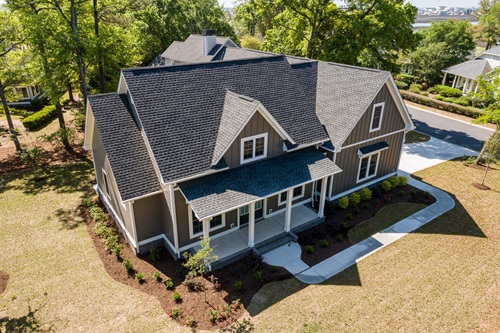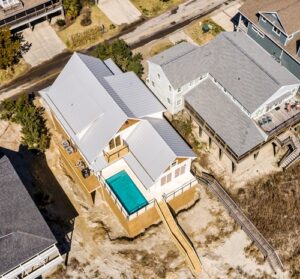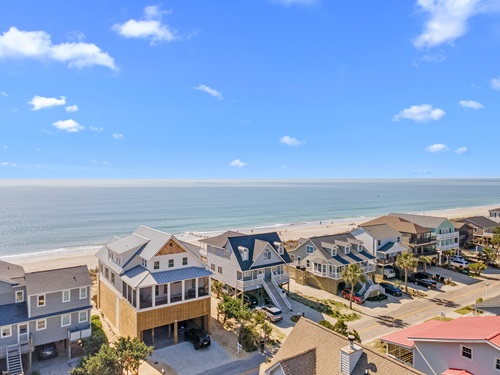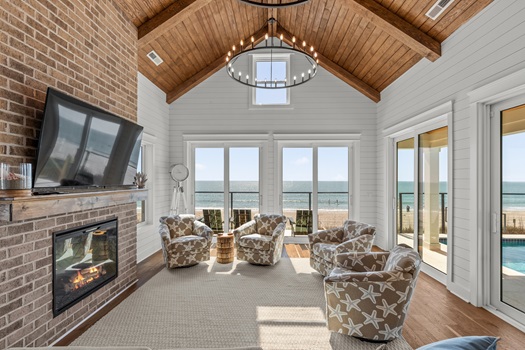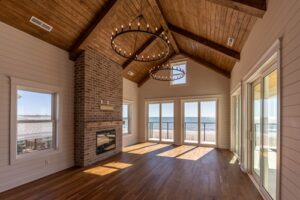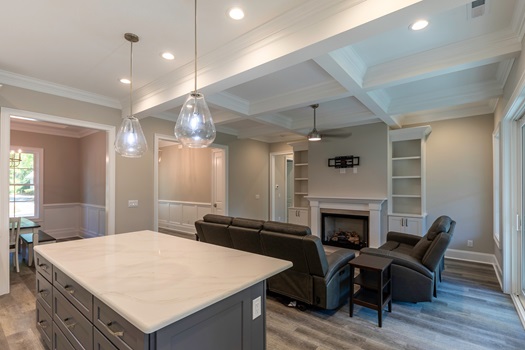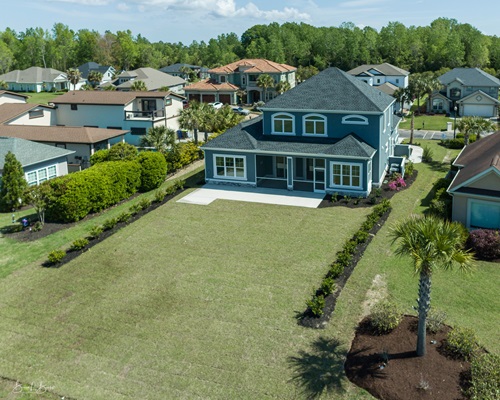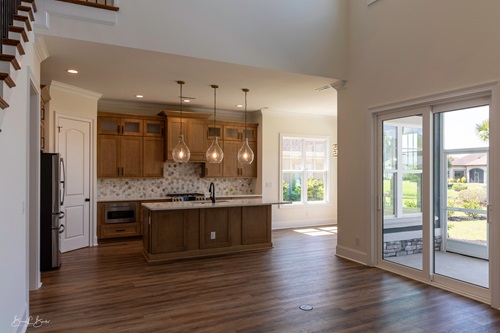
Building a custom home offers the chance to design a space that reflects your lifestyle, preferences, and long-term plans. However, knowing how much you can realistically afford is just as important as choosing paint colors or floor layouts. While it’s tempting to dive straight into design ideas, figuring out your financial boundaries comes first.
- Start Your Custom Home Budget With the 28/36 Rule
- Define the Purpose Behind Your Custom Home
- Factor In Custom Home Costs Beyond the Mortgage
- Understand How Lenders Evaluate Custom Home Applications
- Choose the Right Size and Features for Long-Term Value
- Compare Wants Versus Needs in Your Custom Home Design
- Build Financial Flexibility Into Your Custom Home Plan
Start Your Custom Home Budget With the 28/36 Rule
To begin, let’s talk about the numbers. Many financial advisors suggest using the 28/36 rule as a guide. This means not over 28% of your gross income should go toward your total monthly housing costs—including mortgage, taxes, and insurance. Meanwhile, your total debts, including credit cards and student loans, should stay under 36%.
Why does this matter when planning a custom home in Myrtle Beach SC? Because these percentages help you avoid financial stress later. Even if you qualify for a larger mortgage, it doesn’t mean you should take it. Instead, think about what feels comfortable based on your current income and goals.
Define the Purpose Behind Your Custom Home
Next, think beyond numbers. What kind of space are you building—and why? Maybe you want a forever home to raise a family, or maybe you’re downsizing but want a home built just for you. By understanding your lifestyle needs first, you can avoid adding features you won’t use or overspending on square footage that won’t serve you.
For example, some people choose open layouts with fewer rooms to reduce cleaning time and utility costs. Others add guest spaces or home offices because they work remotely or host often. As your priorities become clear, your financial choices follow more easily.
Factor In Custom Home Costs Beyond the Mortgage
Although monthly payments are a big part of the equation, custom home budgets should also include additional expenses. Aside from land and construction, you may need to cover site prep, permits, landscaping, and unexpected adjustments during the build.
Because these costs vary widely, it’s helpful to build a cushion into your budget. This gives you room to make design decisions later without cutting corners. It also prevents stress if something changes, such as a delay or pricing update during construction.
Understand How Lenders Evaluate Custom Home Applications
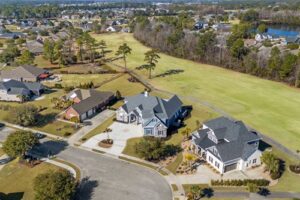
custom home in Myrtle Beach SC
When you apply for financing, lenders look at more than just your job or salary. They also review your credit history, debt load, and any other income you receive. This might include rental properties, side work, or benefits.
Additionally, since a custom home in Myrtle Beach SC often takes time to build, some lenders want to see consistent income and financial stability over a longer period. For this reason, it’s smart to organize your documents early and understand what your lender will require before the application stage.
Choose the Right Size and Features for Long-Term Value
Bigger doesn’t always mean better. While it’s easy to dream about vaulted ceilings and massive rooms, building a custom home that’s right-sized for your lifestyle often leads to better satisfaction.
For instance, if you love to entertain, a spacious kitchen might be worth the splurge. On the other hand, if you value privacy or quiet workspaces, investing in an extra office or soundproofed room could be the smarter option. When every element serves a purpose, your home feels more tailored—and less financially overwhelming.
Compare Wants Versus Needs in Your Custom Home Design
Another important step is separating your must-haves from nice-to-haves. While Myrtle Beach custom homes allow for flexibility, sticking to what matters most helps keep costs under control.
Let’s say you’re torn between a gourmet kitchen and a larger outdoor space. You might ask yourself how often you’ll truly use each area. This process allows you to prioritize without sacrificing the overall design. As a result, your custom home remains personal and practical.
Build Financial Flexibility Into Your Custom Home Plan
Even with a detailed budget, it’s a good idea to leave wiggle room. Consult Dawol Homes for expert assistance. Life can change quickly—job shifts, unexpected expenses, or even rising interest rates can all impact your finances.
That’s why staying below your absolute max budget gives you more freedom and peace of mind. Rather than feeling stretched thin, you’ll have space to enjoy your new home—and plan for the future.
Want to explore your options for building a custom home that fits your life and your budget? Call Dawol Homes now to speak with an expert and start planning your ideal space.
Find great home tips on our Facebook page.
Dawol Homes
9404 Hwy 17 Bypass,
Murrells Inlet, SC 29576
(843) 294-2859
Dawol Homes Sales Office
3100 Dick Pond Rd # E
Myrtle Beach, SC 29588
843-294-2859
We build homes in: Cypress River Plantation, Waterway Palms, Waterbridge, Murrells Inlet, Collins Creek, Bellwood Landing, Carolina Forest, Plantation Lakes, North Myrtle Beach, Socastee, Surfside Beach, Pawleys Island, Litchfield Plantation
